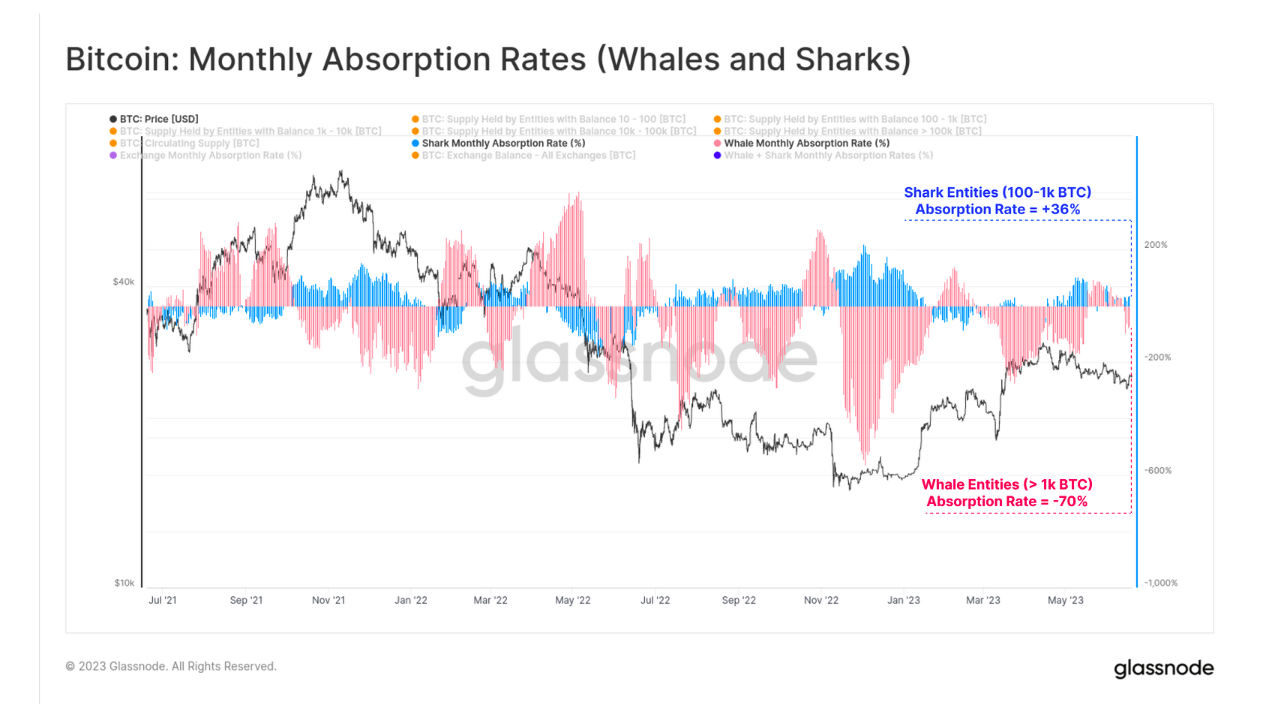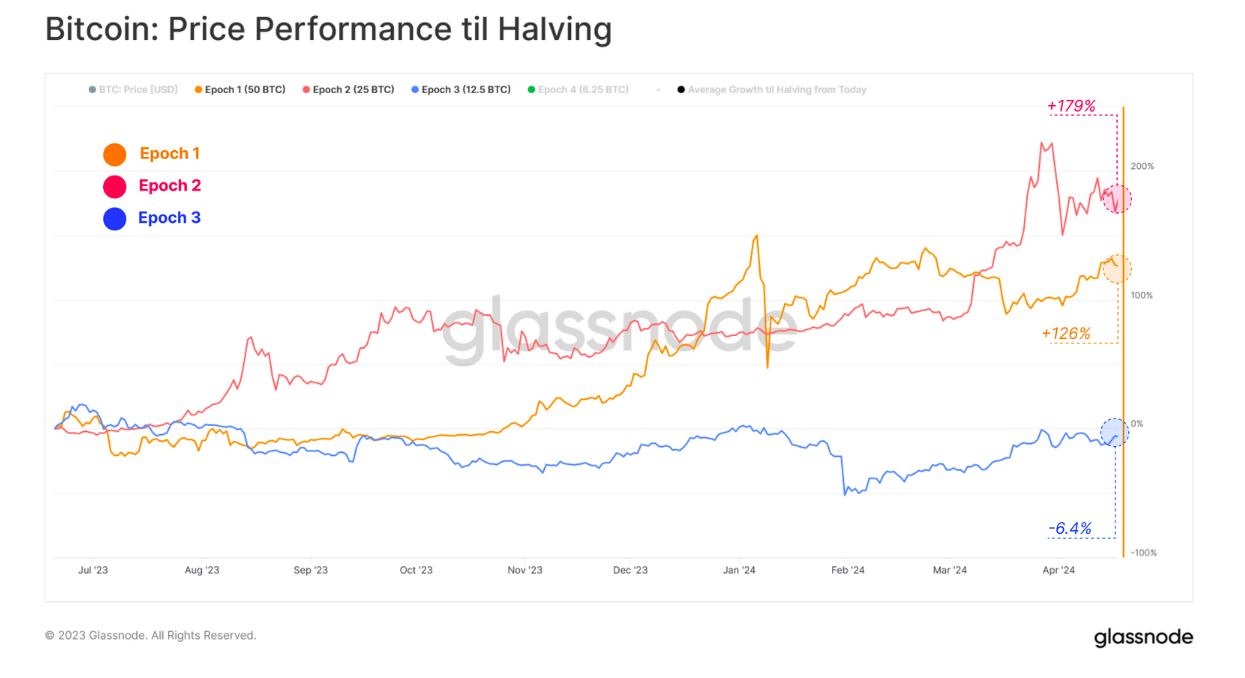Bitcoin (BTC) faces up to one-and-a-half years of “boredom” as the bull market gathers steam, a new prediction says.
In the latest edition of its weekly newsletter, “The Week On-Chain,” analytics firm Glassnode predicted an “arduous” period for BTC hodlers next.
Glassnode: Bitcoin hodlers set for 12 months’ “gradual accumulation”
Thanks to gaining 70% in Q1 this year but then struggling to hold its ground, Bitcoin is dividing opinion when it comes to future price action.
With the 2024 block subsidy halving in sight, some believe that a dramatic uptick will characterize the coming year, while others believe that it will take longer — perhaps until 2025 — for a new all-time high to hit.
For Glassnode, there are signs that a classic pre-bull market phase is playing out, but long-term holders will still need considerable patience.
Investigating the “liveliness” of the BTC supply, which it describes as “the propensity of Bitcoin holders to spend or hold their coins,” researchers revealed mass accumulation.
“Currently, Liveliness is in a multi-year macro downtrend, having peaked in May 2021 when bear market first set in. We can see a similar structure has formed to the 2018-20 cycle, as coins slowly but surely migrate into cold storage and are removed from the market by the HODLer cohort,” they explained.
“These HODLers are currently accumulating coins at a rate of around 42.2K BTC/month, suggesting that the price insensitive class are absorbing a non-trivial portion of the currently available supply. If we compare this behavior to prior cycles, we can see that this regime of steady and gradual accumulation commenced just over 2-years ago, and suggests that another 6 to 12-months may be ahead of us.”
They added that decreasing exchange balances likewise points to the supply becoming increasingly illiquid — out of reach in private cold storage and not for sale.
Bitcoin wealth transfer “uninterrupted”
As Cointelegraph reported, the more speculative end of the hodler base — so-called short-term holders — is also in focus currently.
Related: Most ‘fear’ in 3 months as $26.4K becomes key — 5 things to know in Bitcoin this week
These investors have hodled coins for a maximum of 155 days, and their aggregate cost basis — around $26,400 — is on the radar as a short-timeframe support zone.
Continuing, Glassnode noted that based on wallet entity size, not everyone is in accumulation mode, with whales — the largest-volume cohorts — currently “net distributors.”
“Overall, the market appears to be in a period of quiet accumulation, which suggests an undercurrent of demand, despite the regulatory headwinds of late,” it stated, referring to recent United States regulatory pressures impacting major exchanges.

For a seismic trend shift to occur, however, researchers believe that it will take another halving to come and go.
“Across most measures of market energy, digital asset markets are displaying excitement in few of them. Volatility, volumes, and realized value are all at multi-year lows, as liquidity and excitement give way to investor apathy,” they concluded.
“However beneath the surface, the classic pattern of wealth transfer towards the price insensitive HODLer cohort remains uninterrupted. If past cycles are any guide, it it suggests that a period of apathetic sideways boredom may well define the road ahead, potentially lasting between 8 to 18-months in duration.”

This article does not contain investment advice or recommendations. Every investment and trading move involves risk, and readers should conduct their own research when making a decision.




